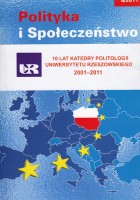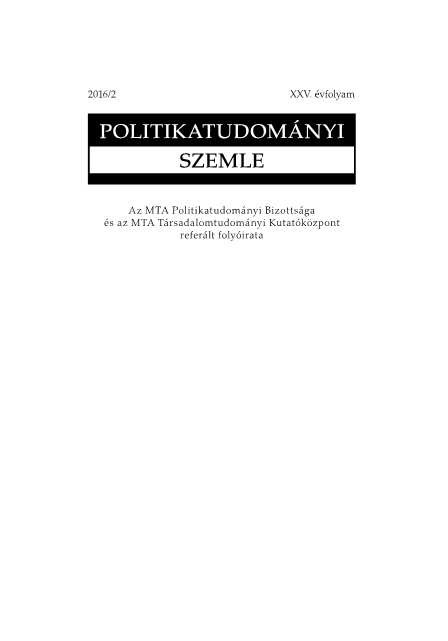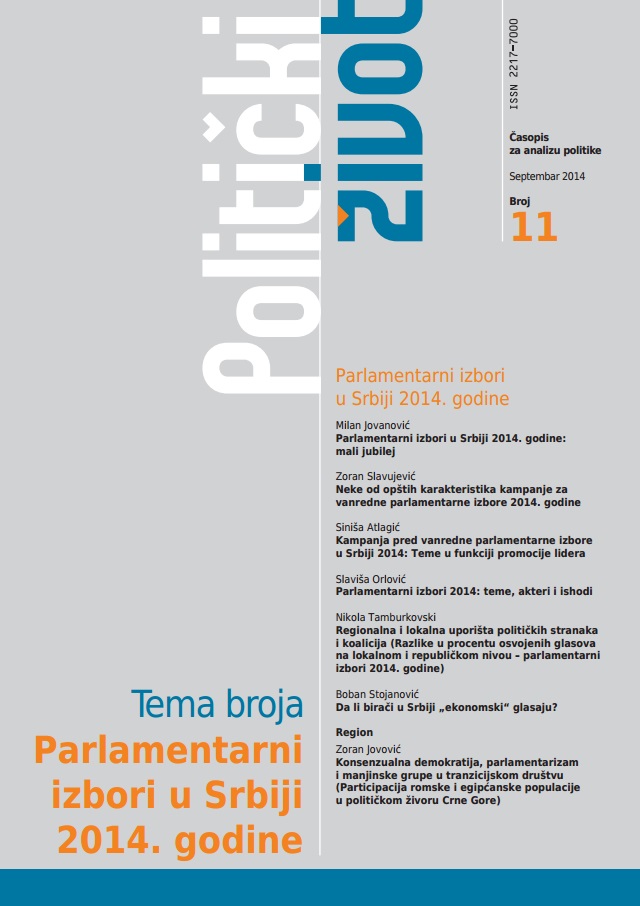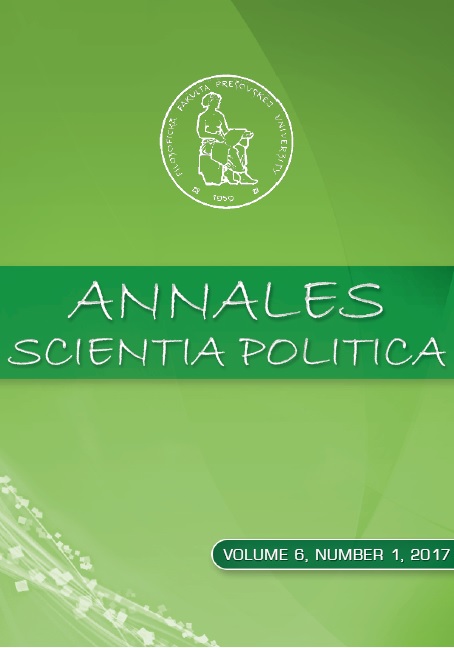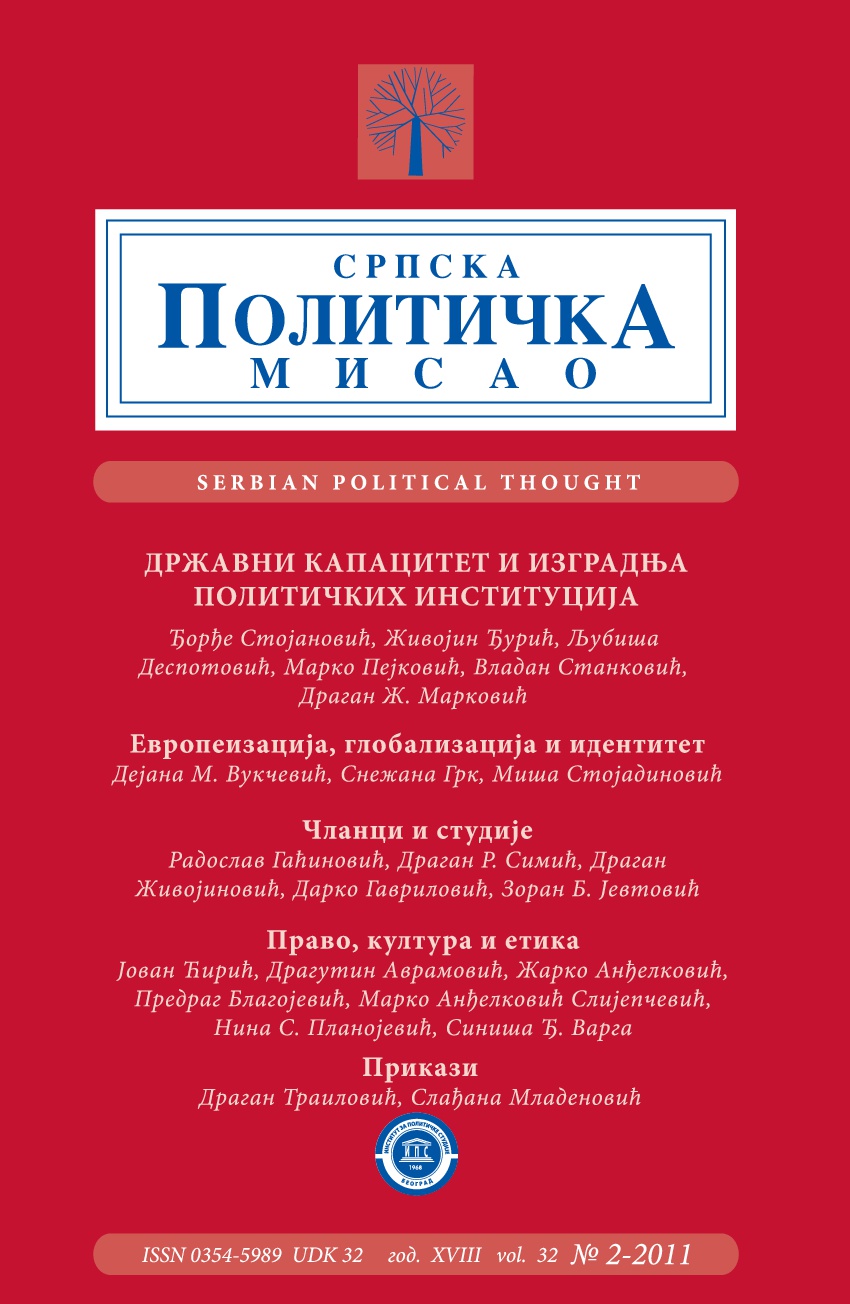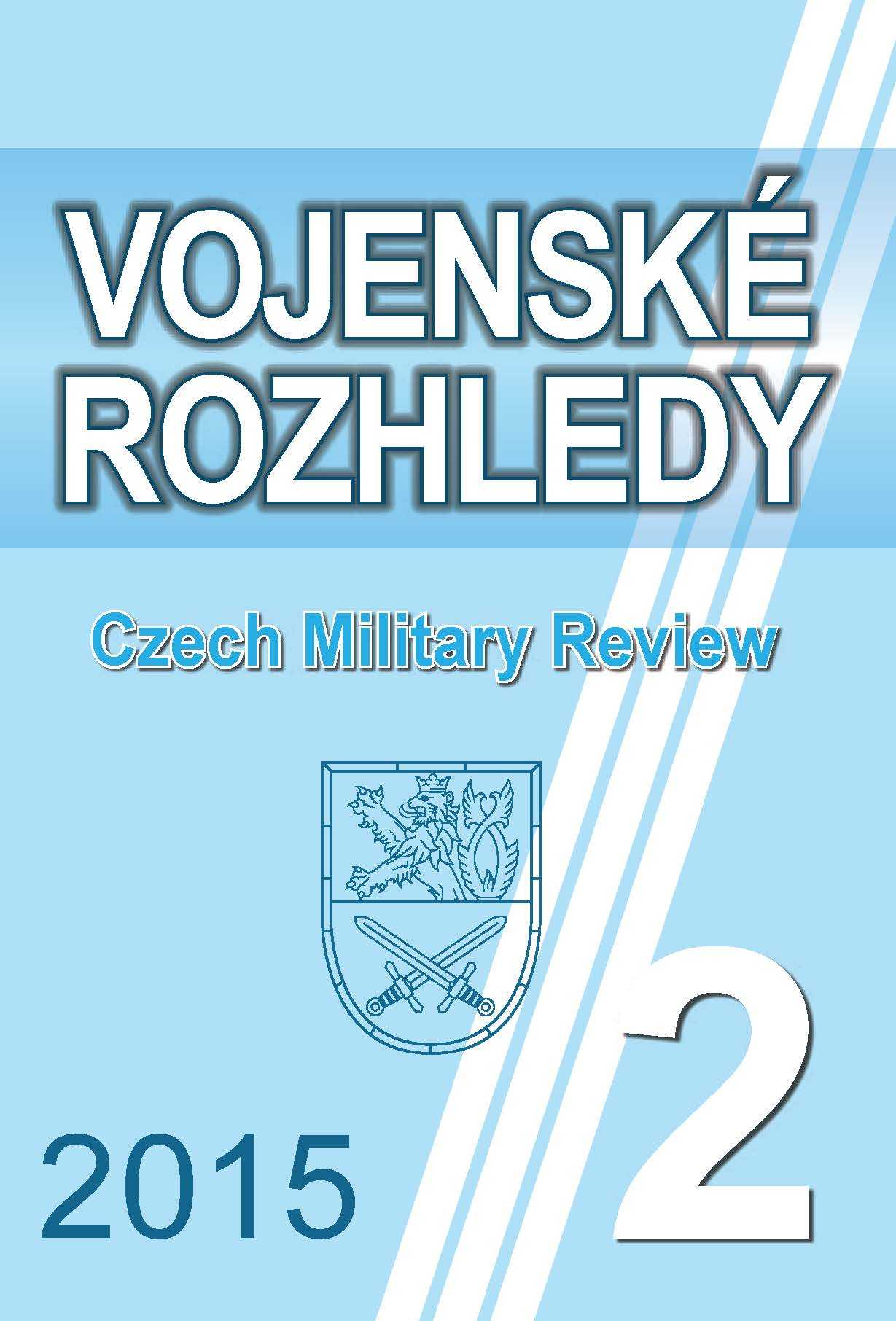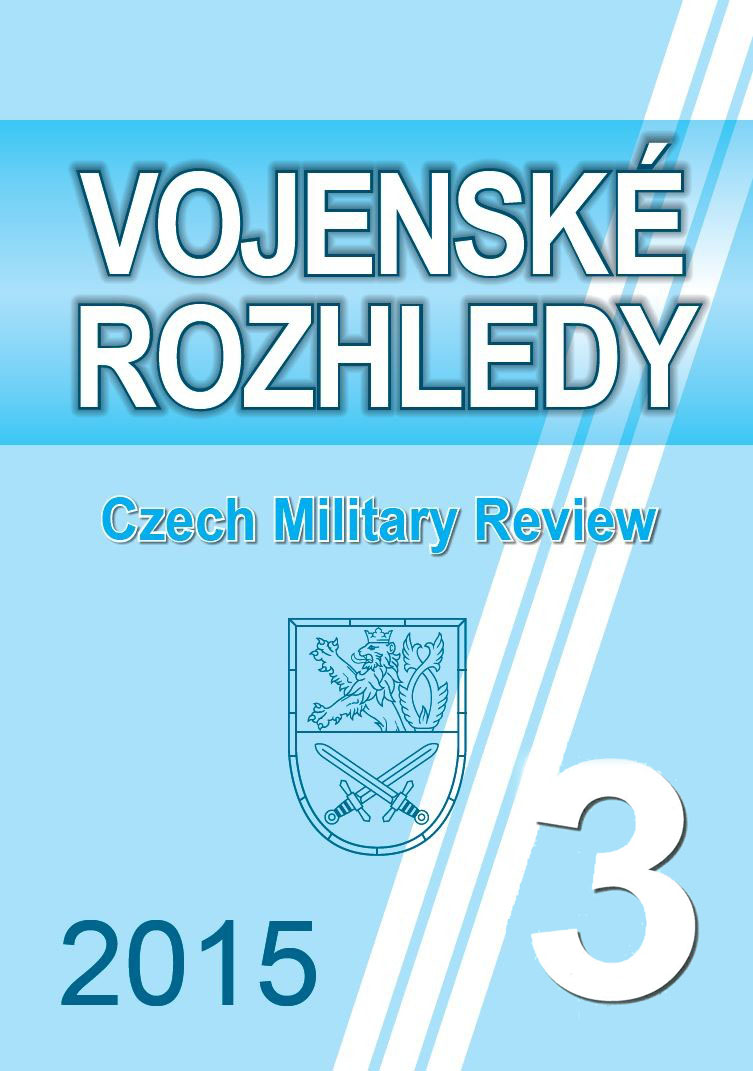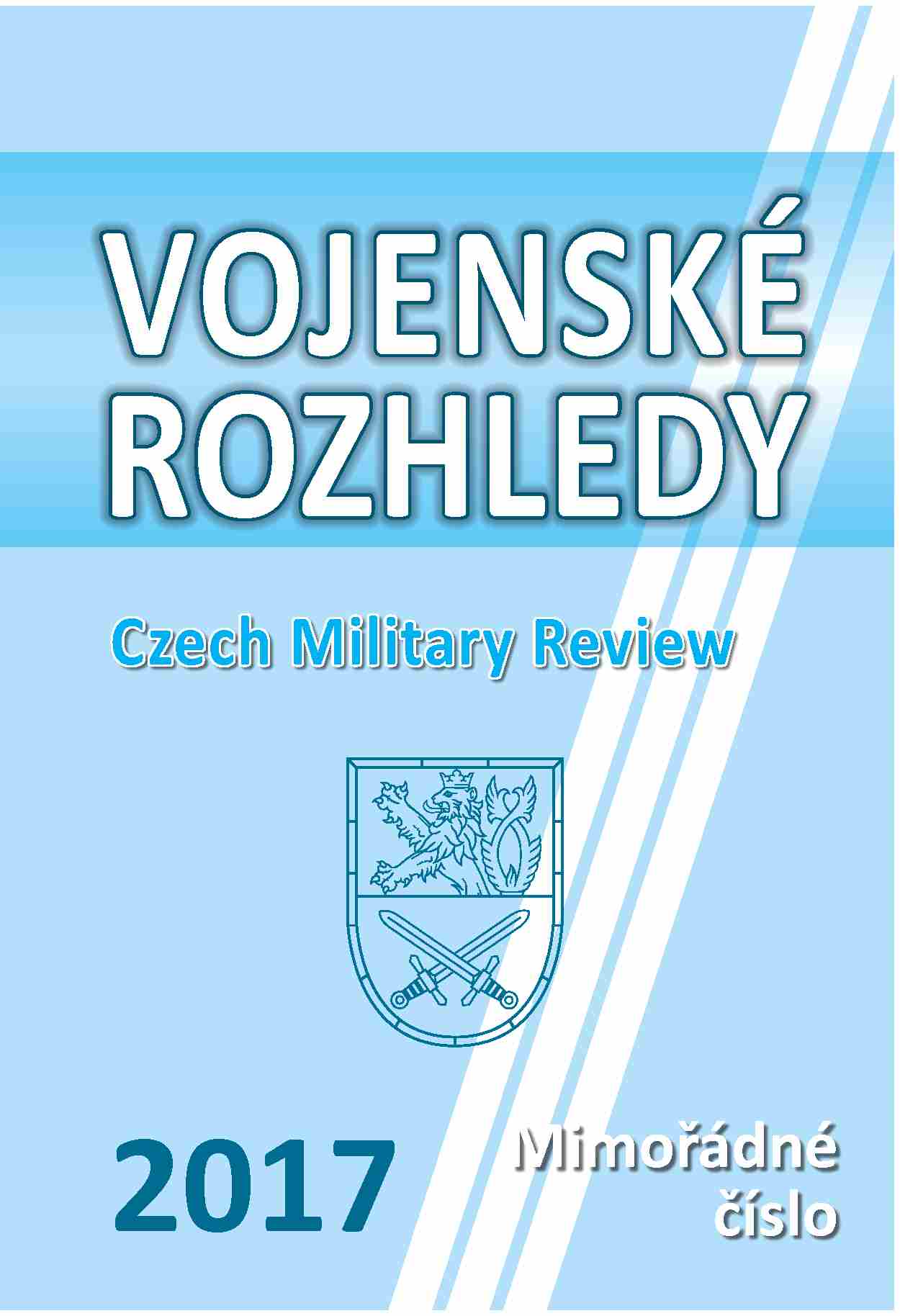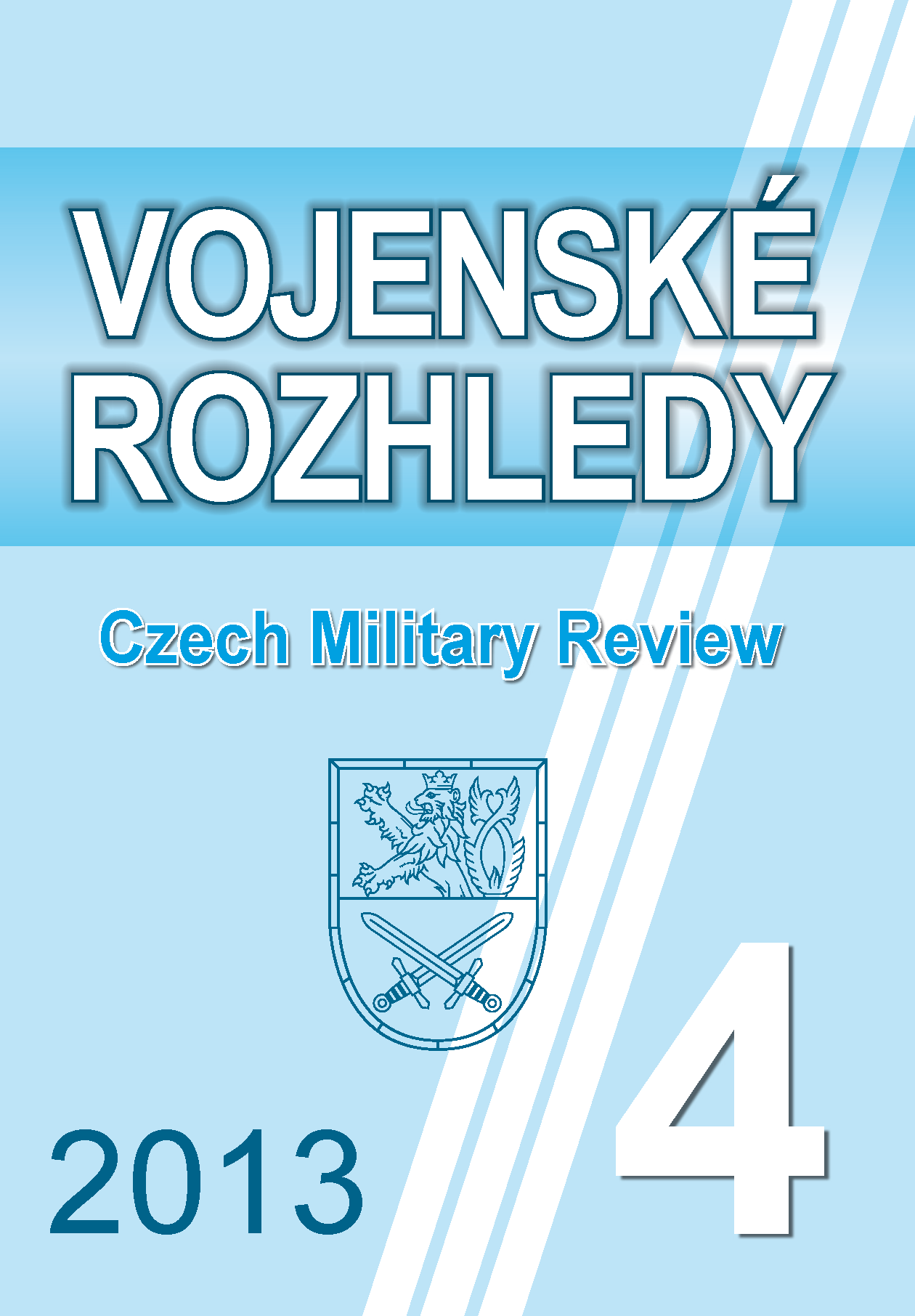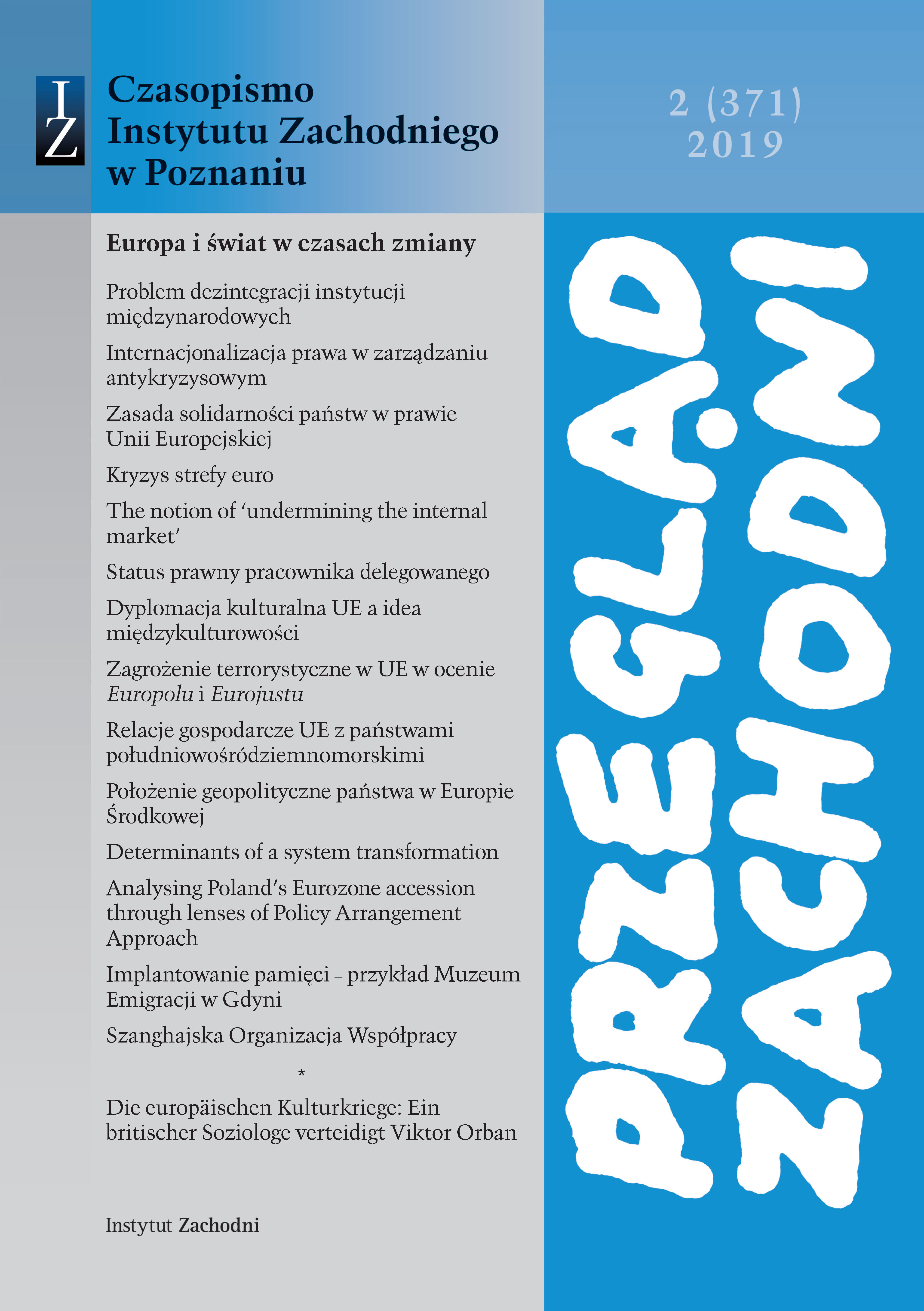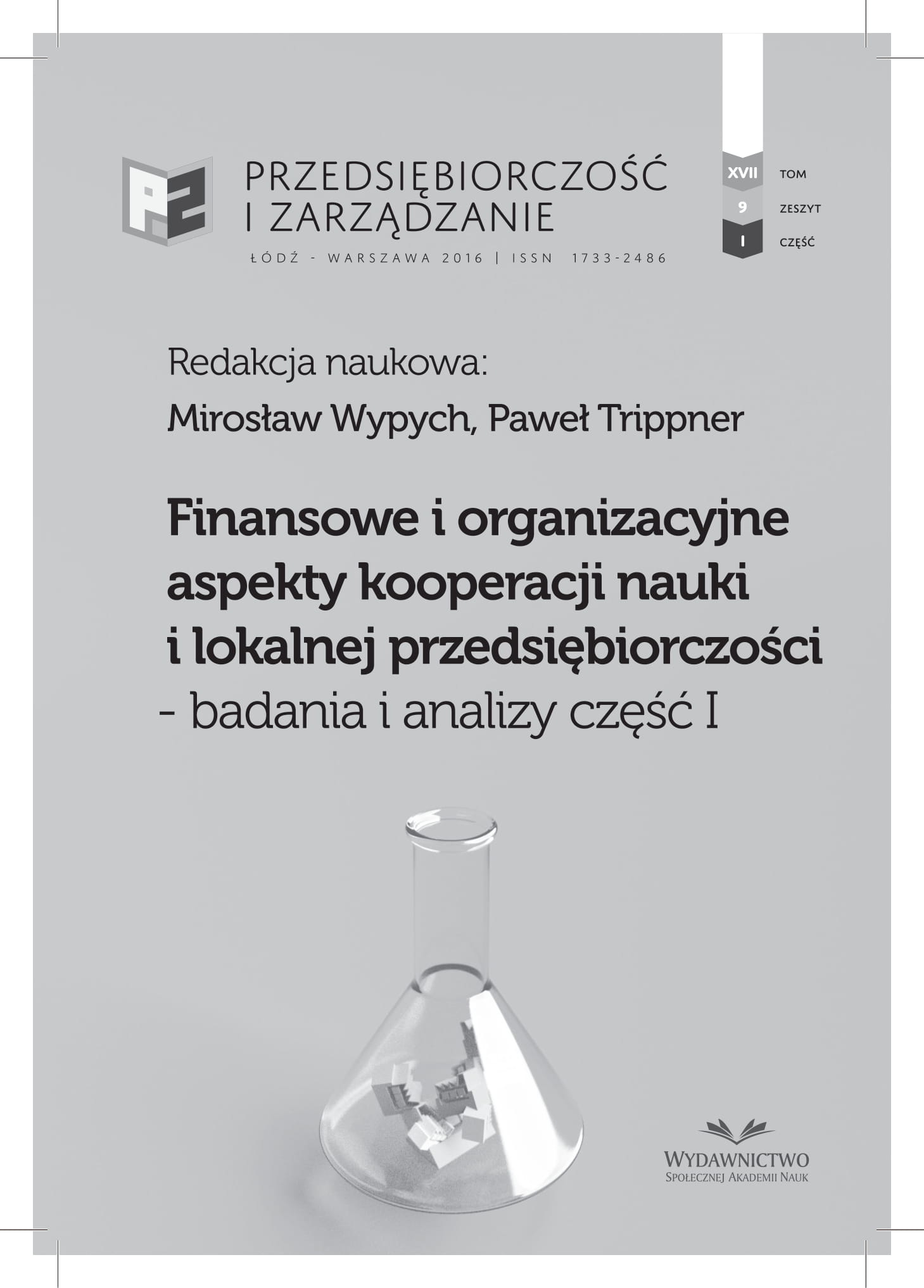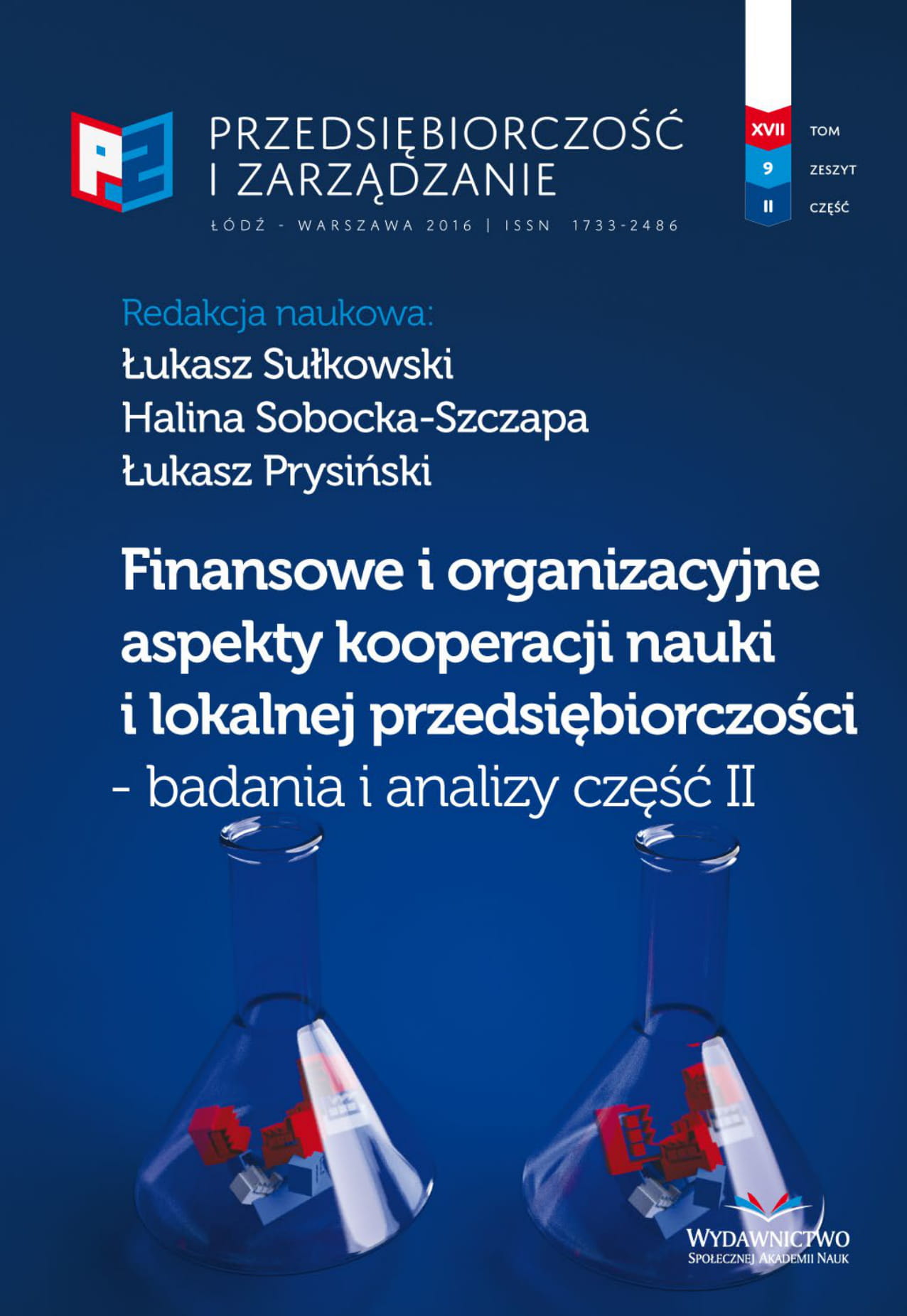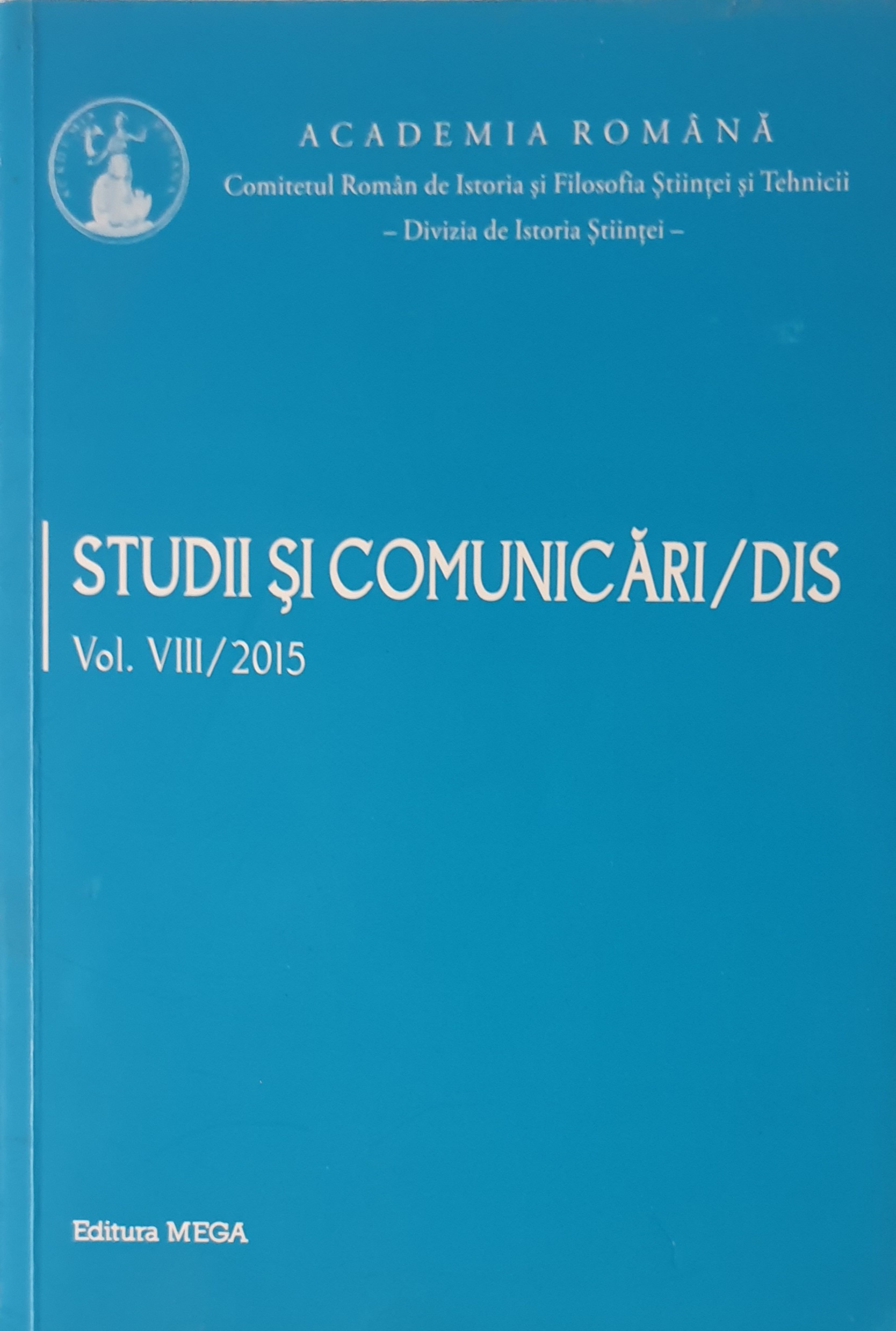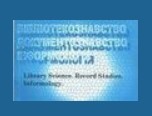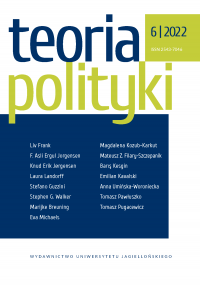Approaches in the Political Science Today
In over 2,000 years of existence, approaches in political science evolved from philosophical and normative reflections on various forms of organization of the ancient world to contemporary interdisciplinary approaches based on refining concepts and theories accumulated over time and the use of complex research methodologies, own or borrowed from related fields of studies such as sociology, political psychology, econometrics, advanced statistics. Although quantitative approaches prevails in contemporary research, does not lack political philosophy studies, theoretical and ideological approaches, inspired by everyday realities and empirical research results.
More...
